TRANSFORM YOUR TEAM'S SEASON WITH PROFESSIONALLY PLANNED SESSIONS
Use our expert plans or build your own using our library of over 700+ drills, and easy-to-use tools.
JOIN NOWI'm a young coach who is coaching an 11A's team. I find it hard to identify/pick up on the problems within their play. How do you identify these problems in order to fix them? And what are some of these problems (like running flat-footed and release hieght of a pass)?
Asked using Sportplan on Mobile





Let me fist start off by saying well done Sarah for stepping up to the coaching role. It is not easy, and takes some courage to do so. Secondly you probably know more than you realise.
flat feet is easy to identify as movement will be slow, and the heels of the feet will come onto the ground. Doing a fast feet exercise will show you who has flat feet and use that drill to keep improving them.
Poor throwing technique and options i.e. having the ball on the shoulder not above the shoulder, or using chest passes down the court instead of shoulder passes. This is rectified by passing drills, and reminding them constantly that shoulder passes is what we do. A conditional game during training that only allows shoulder passes or the ball gets turned over is a good way to remind them that is fun.
Poor defence...ones that just stand there, or constantly contact. start by teaching in front defence. There are heaps of drills in here that will help with foot work and staying with your player.
Crowding is a favourite of this age group and if not rectified will continue through other years. Everyone has a job and only one person is needed to receive a pass. Set plays help them learn where they should be and where they need to be running to. Ask other senior coaches what set plays they use. (set plays are just the beginning of building blocks and are not rigid plays. If something doesn`t go to plan, then they need to know how to keep going without getting confused). don`t forget you will need backline defence set plays as well as centre break set plays, and goal third set plays.
Getting free for a pass. Preliminary moves. Teach them a small handful of ways to get free. Dodge, double dodge, change of direction and change of pace (along with the one they will know as a straight line drive). There are heaps of drills in here that will help you with those.
That should be a good start. Find a senior coach that you respect as mentor for yourself. Go and watch him or her coach at training as well as during a game. This will give you ideas of what you need to do.. Also get some books out. When I first started coaching I got the Liz Ellis book out of the library. She has heaps of drills that I used for my first few years of coaching. The internet is a great source of information, drills, forums. Its great you are asking questions and know your limitations. That is the beginning of a good coach. One thing though. Remember that the parents, although are well meaning, are NOT the coach of this team. YOU are! Don`t let them intimidate or influence your decisions on how the team is being run. You also need to make sure the kids are not running riot or demanding where they play. You need to stay in control at all times. That does not mean yelling at them or punishing them, but it means that you let them know what your exceptions are, and what the consequences are if they do not meet them. Always stay calm and listen, but let them know clearly that you will be making the decisions. Coaching can be fun and rewarding, but it can also be stressful and frustrating. Just keep your mentor or head coach up to date with any issues you are facing, and what you think would be the best solution.
Hope you have a great year.
Let me fist start off by saying well done Sarah for stepping up to the coaching role. It is not easy, and takes some courage to do so. Secondly you probably know more than you realise.
flat feet is easy to identify as movement will be slow, and the heels of the feet will come onto the ground. Doing a fast feet exercise will show you who has flat feet and use that drill to keep improving them.
Poor throwing technique and options i.e. having the ball on the shoulder not above the shoulder, or using chest passes down the court instead of shoulder passes. This is rectified by passing drills, and reminding them constantly that shoulder passes is what we do. A conditional game during training that only allows shoulder passes or the ball gets turned over is a good way to remind them that is fun.
Poor defence...ones that just stand there, or constantly contact. start by teaching in front defence. There are heaps of drills in here that will help with foot work and staying with your player.
Crowding is a favourite of this age group and if not rectified will continue through other years. Everyone has a job and only one person is needed to receive a pass. Set plays help them learn where they should be and where they need to be running to. Ask other senior coaches what set plays they use. (set plays are just the beginning of building blocks and are not rigid plays. If something doesn`t go to plan, then they need to know how to keep going without getting confused). don`t forget you will need backline defence set plays as well as centre break set plays, and goal third set plays.
Getting free for a pass. Preliminary moves. Teach them a small handful of ways to get free. Dodge, double dodge, change of direction and change of pace (along with the one they will know as a straight line drive). There are heaps of drills in here that will help you with those.
That should be a good start. Find a senior coach that you respect as mentor for yourself. Go and watch him or her coach at training as well as during a game. This will give you ideas of what you need to do.. Also get some books out. When I first started coaching I got the Liz Ellis book out of the library. She has heaps of drills that I used for my first few years of coaching. The internet is a great source of information, drills, forums. Its great you are asking questions and know your limitations. That is the beginning of a good coach. One thing though. Remember that the parents, although are well meaning, are NOT the coach of this team. YOU are! Don`t let them intimidate or influence your decisions on how the team is being run. You also need to make sure the kids are not running riot or demanding where they play. You need to stay in control at all times. That does not mean yelling at them or punishing them, but it means that you let them know what your exceptions are, and what the consequences are if they do not meet them. Always stay calm and listen, but let them know clearly that you will be making the decisions. Coaching can be fun and rewarding, but it can also be stressful and frustrating. Just keep your mentor or head coach up to date with any issues you are facing, and what you think would be the best solution.
Hope you have a great year.
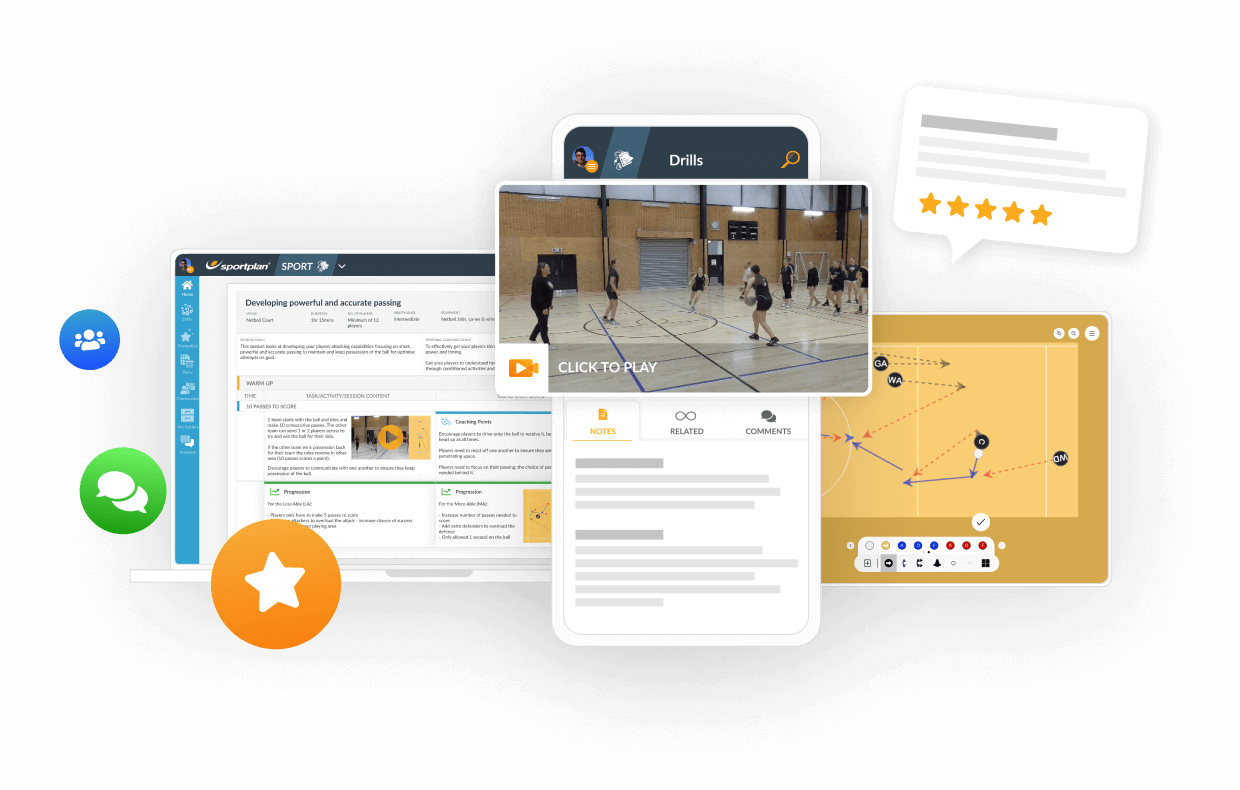
in more ways than one
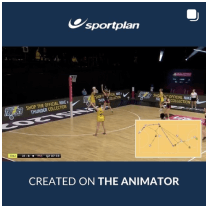
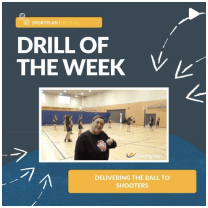
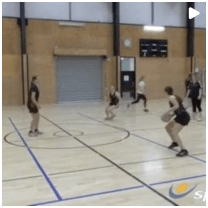
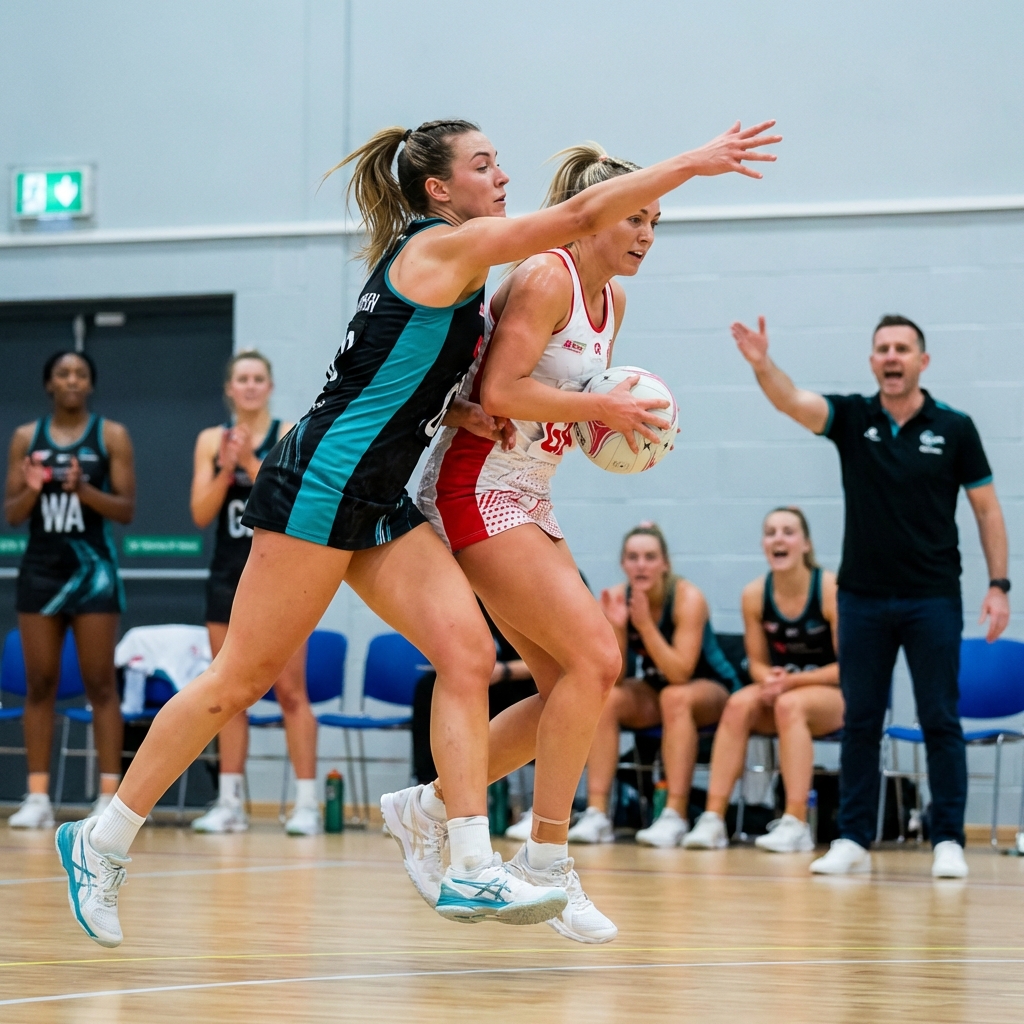
No more 50/50 toss-ups. When simultaneous infringements occur, possession now goes to the team that last had the ball. Here's what it means for your coaching.
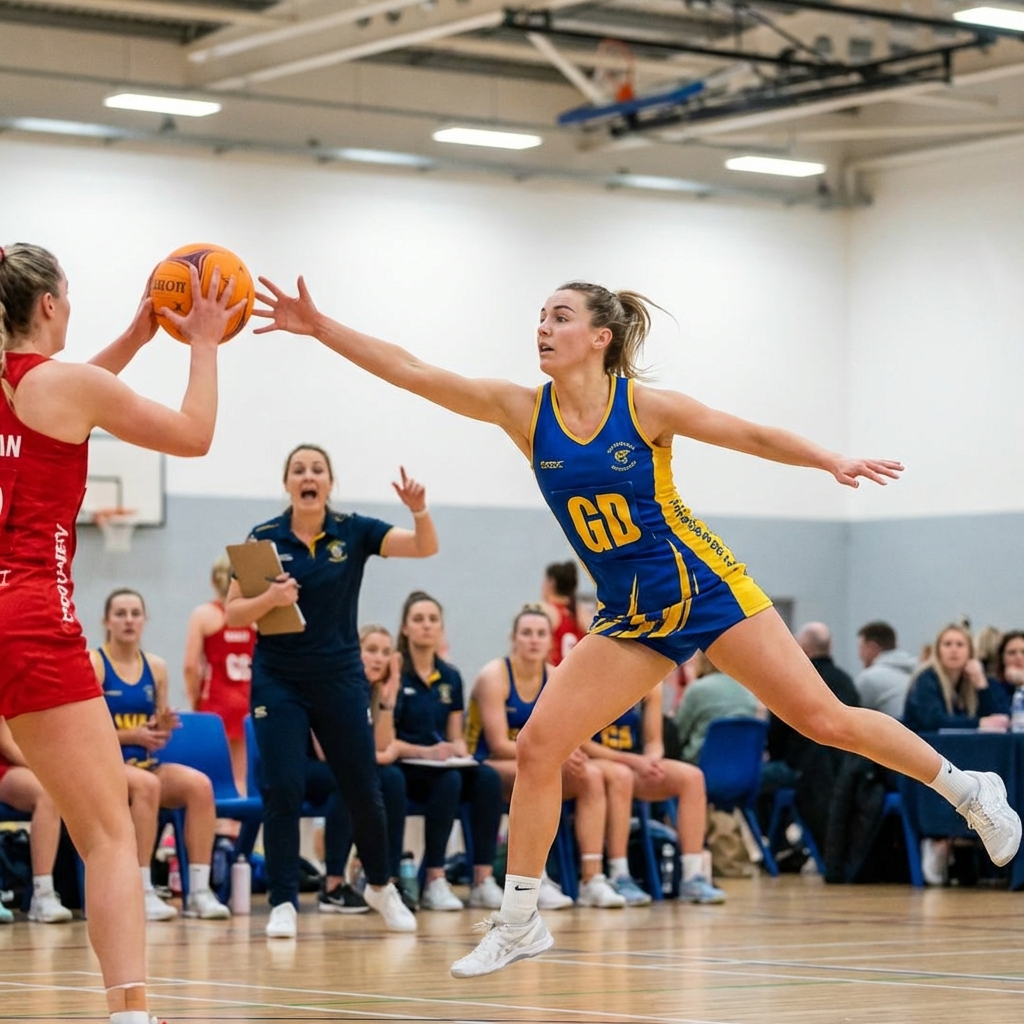
Train your defenders to win clean turnovers, not just disrupt. The difference between good defenders and great ones is taking the ball, not just touching it.
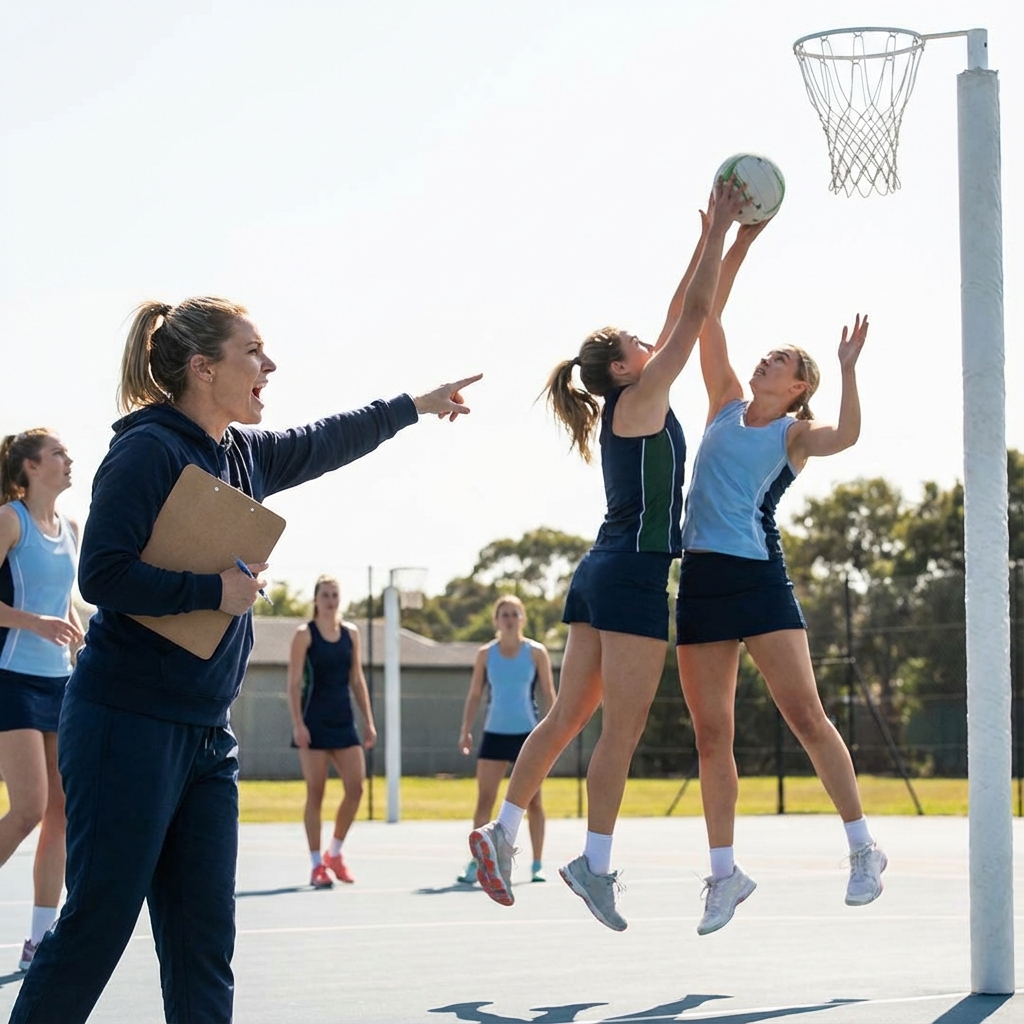
Netball is experiencing unprecedented growth, with record viewership, evolving rules, and professional leagues expanding worldwide. Here's what 2026 brings for our sport.
Use our expert plans or build your own using our library of over 700+ drills, and easy-to-use tools.
JOIN NOW